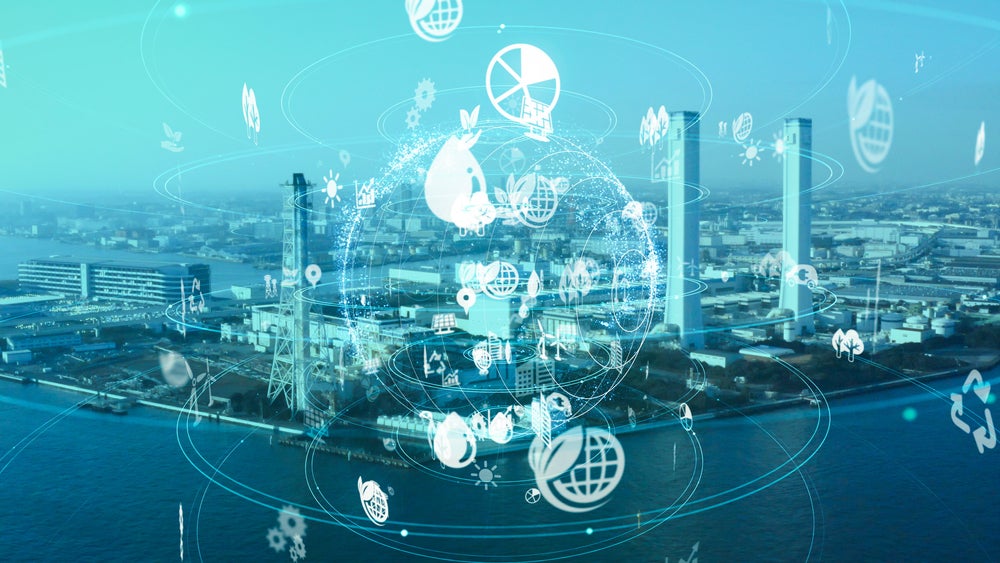As the Russian invasion of Ukraine continues, The Accountant and International Accounting Bulletin teams hear the latest industry reactions on the financial sanctions imposed on Russia.
RSM: Russia/Ukraine crisis likely to pause future M&A activity
New figures published today by the Office of National Statistics have revealed a fall in both inward and outward deal values and volume in Q4 2021, with a slight increase in the value of domestic deals.
Outward M&A values saw the biggest fall to 3.4bn in Q4 from 32bn in Q3, which is largely due the 29.8bn acquisition of Alexion Pharmaceuticals INC by AstraZeneca in Q3. The inward M&A values decreased to 10.9bn in Q4 from 12.4bn in Q3; while domestic deal values increased to 2.9bn in Q4 from 2.3bn in Q2.
In total, there were 77 completed deals in December 2021, down from 150 in September 2021 and the lowest level since the height of the pandemic in May 2020 where only 58 deals were completed.
How well do you really know your competitors?
Access the most comprehensive Company Profiles on the market, powered by GlobalData. Save hours of research. Gain competitive edge.

Thank you!
Your download email will arrive shortly
Not ready to buy yet? Download a free sample
We are confident about the unique quality of our Company Profiles. However, we want you to make the most beneficial decision for your business, so we offer a free sample that you can download by submitting the below form
By GlobalDataKirsty Sandwell, partner and head of transactions at RSM said: ‘The M&A market has been in a bubble over the past year, and these figures suggest the bubble has finally burst. The consistent run of high M&A activity is unlikely to be sustainable, and it looks like the industry is taking a much-needed pause for breath.
‘Ultimately, the deal environment needs certainty in order to flourish. The uncertainty surrounding the Russia/Ukraine conflict and the rise in oil and gas prices, presents headwinds for the deal environment which means M&A activity is unlikely to rebound quickly.
‘As witnessed after the Brexit referendum, buyers tend to halt deal activity until potential implications become more apparent, so it’s likely companies will take a similar approach in the coming months. There are many investors and advisers that have never lived or worked against a backdrop of inflation and rising interest rates, which adds to the macroeconomic uncertainty. This will naturally breed some caution as the community gets to grips with the new normal. ‘It’s likely tech M&A activity will be relatively unaffected during the current crisis and will drive overall M&A figures. With oil and gas prices on the rise, this may even lead to a focus on renewables and related infrastructure, meaning buyers could turn to domestic deals instead.
Hargreaves Lansdown: Corporate world builds up fortress to isolate Russia from the international business community
Susannah Streeter, senior investment and markets analyst, Hargreaves Lansdown says: “The corporate world is building up a fortress to isolate Russia from the international community. Companies around the globe are responding to Russia’s firepower with ice cold approach, freezing out Moscow from transactions, ditching financial investments worth billions. Following BP’s lead to pull out of its Russian oil partnership with Rosneft, Norway’s Equinor cancelled its investments and Shell is also abandoning its multi-billion dollar investments in Russia. The FTSE 100 has opened up in early trade, which could be seen as a vote of approval for this wave of corporate censure, with BP and Shell gaining on the open.
The US entertainment industry is now shutting out Russians from the big screen, with big blockbuster films put on hold. Warner Bros has pulled The Batman from cinemas across Russia and Walt Disney is pressing pause on premieres in the country. These moves by big movie names won’t cause financial pain to ordinary Russians, but being left out in the cultural cold will increase the country’s isolation from the West.
As some of the biggest beasts in the corporate world raise their hackles in response to Russian aggression, more companies are expected to follow suit. Concerns that Russia could retaliate by weaponising its energy exports are keeping the price of oil and gas elevated, with Brent crude still trading above $100 a barrel and UK natural gas prices at 244p a therm early on Tuesday. As the global shipping giant Maersk eyes sanctions and prepares to comply, a disruption of shipments from Russia in terms of cargo booking cancellations could send energy prices higher in the short term, without Russia turning off the taps.
It is clear that already the financial penalties being imposed has started a run on Russian banks. It’s not just ordinary citizens queuing round blocks to pull out cash, international customers are pulling out their money fast, with warnings from the European Central Bank that Russia’s biggest state-controlled lender Sberbank could collapse after shares plunged by as much as 74%.
With assets of CBR set to be frozen around the world, it will hamper Moscow’s ability to dip into its foreign currency reserves, part of the war chest it had built up, to try and insulate the country from the worst of the economic punishments. Desperate efforts by The Central Bank of Russia to stop the flight from the rouble by hiking rates by an eye watering 20% have had a limited effect, with the currency gaining some ground but bumping along at record lows.
As Russians watched their currency go into freefall, there has been a surge of purchases of Bitcoin denominated in roubles, as some speculators scramble to insulate themselves from the crisis. Bitcoin has risen 14% since sanctions were imposed and is clearly facing local demand in catastrophic times, but these are small pockets of demand as more widely across the world, Bitcoin hasn’t been the equivalent of digital gold which crypto fans had hoped for.
Because of its fixed supply Bitcoin had been hyped as a potential safer haven in times of higher inflation and market volatility, but crypto assets have been shown to be highly sensitive to the fortunes of the stock market and were propelled higher in an era of ultra cheap money. As conflict in Ukraine looks set to be yet another inflationary driver, there is fresh speculation that central banks could be forced into more unexpected monetary policy moves, with an acceleration of rate hikes potentially on the cards. With huge uncertainty around how deep the Ukraine conflict could go and what ripple effects there could be in financial markets, crypto assets are likely to continue to be highly volatile.”
SmartSearch on UK’s economic sanctions
Following the announcement by UK prime minister Boris Johnson that the UK will implement the “largest and most severe package of economic sanctions that Russia has ever seen” following the invasion of the Ukraine, SmartSearch managing director Martin Cheek said: “These sanctions are far-reaching, and the government clearly intends that Russia should suffer financially as a result of its invasion of Ukraine.“However, if these sanctions are to be fully effective then it is essential that all regulated sectors in the UK play their part by undertaking effective due diligence to ensure that anyone on a sanctions or politically exposed person’s (PEP) list is highlighted.
“Unfortunately, it will be impossible for companies that still use old-fashioned manual checking methods to do this. By contrast, those companies that have invested in electronic verification will be able to ensure within seconds that they are accurately identifying their clients and screening them against global sanctions and PEP lists.
“As new sanctions are introduced against Russia, the SmartSearch platform is able to provide immediate updates to the sanction and PEP screening lists when there are changes. Also, monitoring means any existing relationships on sanction or PEP lists can be flagged via alerts without a new search being required, and new clients screened through the system will be flagged if they are among the newly sanctioned people and entities.
“The current situation illustrates vividly the importance of electronic verification, and underlines why it should be made mandatory for regulated sectors instead of being optional.”






